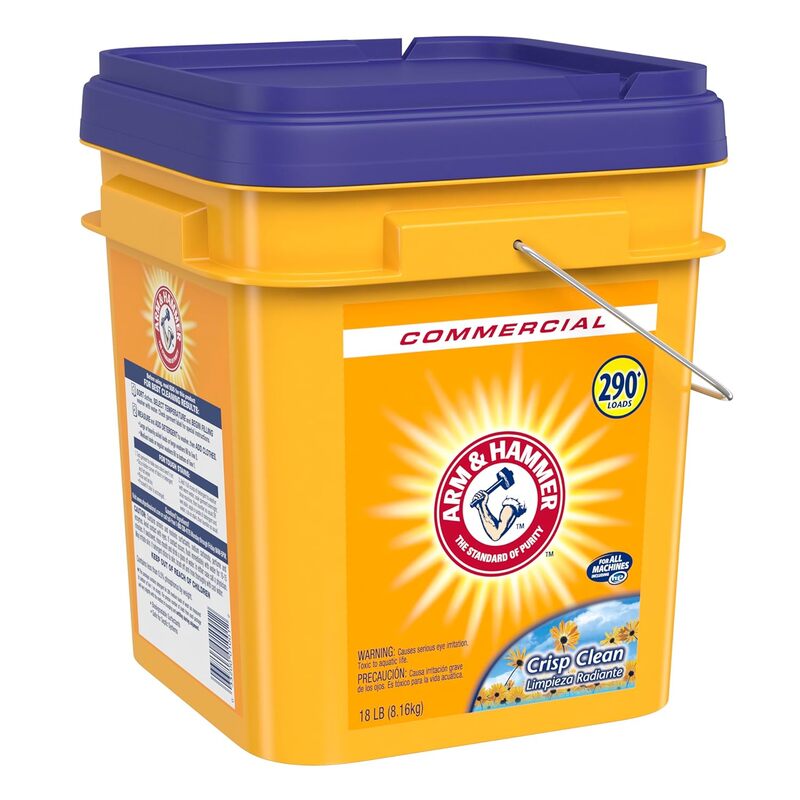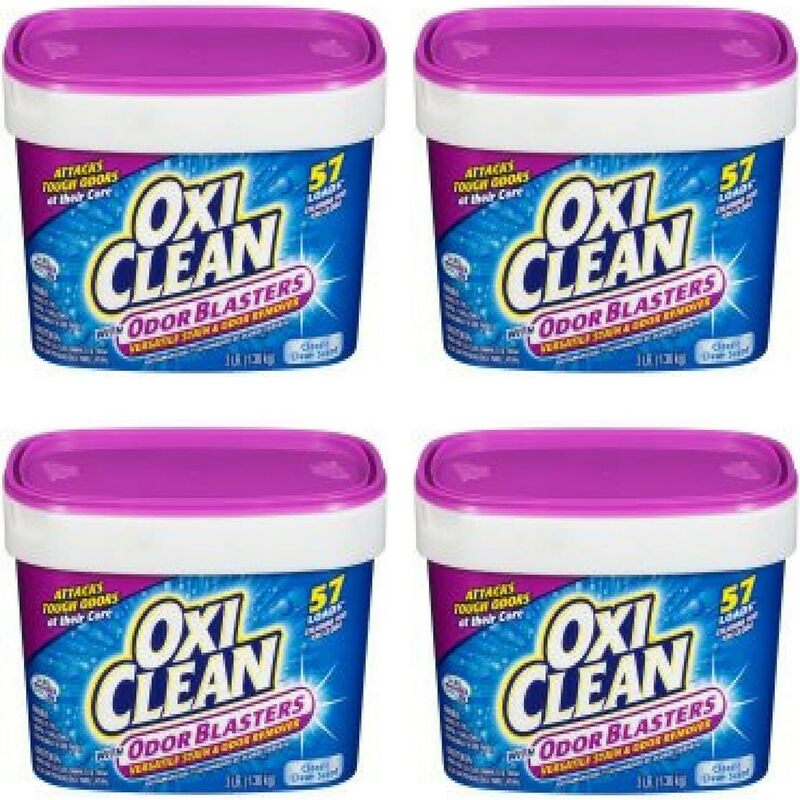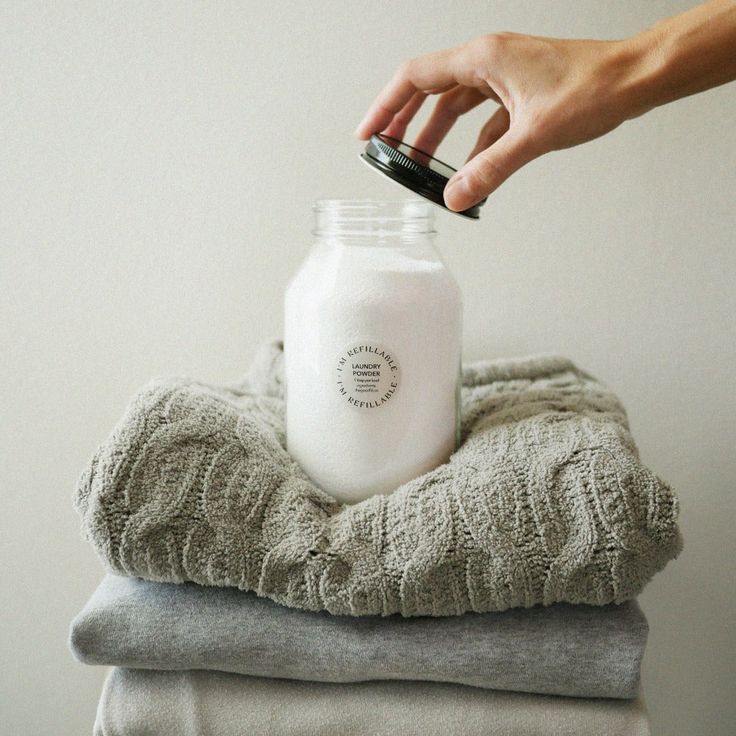Introduction
When dealing with the persistent problem of flea infestations, it’s essential to explore every potential solution—from chemical treatments to natural remedies. One common household item that often comes up in this discussion is laundry detergent. The notion that laundry detergent can effectively kill fleas resonates with many pet owners and individuals with flea-infested homes. But how effective is it really? In this blog, we will delve into the science behind laundry detergent’s ability to combat fleas, evaluate its effectiveness as a pest control method, and offer practical advice for a comprehensive flea management strategy.

Understanding Fleas: The Unwelcome Visitors
Fleas are tiny, bloodsucking parasites that primarily target pets but can easily infiltrate human dwellings. Identifying flea bites can be tricky; they appear as small, itchy red spots and often lead to significant discomfort. Besides causing skin irritations, fleas can also transmit diseases affecting both pets and humans, making successful eradication vital.
Fleas reproduce rapidly, with a female capable of laying up to 50 eggs per day. This exponential growth makes immediate action crucial when dealing with a flea infestation. It’s important to recognize their life cycle, which includes eggs, larvae, pupae, and adults. Understanding this complex life cycle is key to implementing effective solutions, underscoring the importance of an all-encompassing approach rather than relying solely on one method, such as laundry detergent.
The Science Behind Laundry Detergent: Can It Kill Fleas?
In considering whether laundry detergent can effectively kill fleas, it’s essential to investigate how these detergents work. Most laundry detergents contain surfactants which reduce the surface tension of water, allowing it to penetrate fabrics more effectively. This enhanced penetration can help dislodge fleas, eggs, and larvae hiding within the fibers of clothing, bedding, and pet fabrics.
Studies have shown that many common detergents are effective at killing adult fleas due to the mechanical action of washing and rinsing. As the water swirls around in the washing machine, the force can physically displace fleas, resulting in their demise. However, while this mechanical action provides some level of efficacy, it’s crucial to remember that laundry detergent was not specifically designed for pest control. It may not effectively penetrate flea eggs or larvae, leaving a significant portion of the infestation untouched.
Furthermore, the type of detergent matters. Conventional detergents may be more effective than natural ones, as certain natural formulations may not possess the required ingredients to eliminate pests efficiently. In addition, liquid detergents may be more effective than powdered ones due to their ability to dissolve and spread throughout the wash cycle.
Limitations of Laundry Detergent in Flea Control: What You Need to Know
While laundry detergent can provide some level of relief, it has significant limitations when it comes to comprehensive flea control. Primarily, the washing process targets soft surfaces, such as blankets, pet beds, and clothing. If your home has hard surfaces, carpets, or upholstery, these areas can harbor fleas that laundry detergent will not reach.
Moreover, fleas have a remarkable ability to evade detection. Adult fleas can jump several inches, migrating quickly from fabric to the environment. If you rely solely on laundry detergent for flea treatment, you run the risk of missing significant portions of the population residing in carpets, furniture, or other neglected areas.
Another critical point is that washing alone cannot address the flea life cycle’s various stages. While washing pet items, bedding, and your clothes can decimate the adult population, it may not affect flea eggs, which require specific conditions to develop. Without a holistic approach that incorporates vacuuming, pest control products, and environmental treatments, any gains made through laundry detergent may be short-lived, as new fleas emerge from eggs, re-establishing the infestation.

A Holistic Approach to Flea Control: Effective Strategies You Can Use
To effectively manage and eliminate fleas, consider an integrated pest management (IPM) strategy that combines multiple methods. No single solution will suffice; a synergistic approach is essential to breaking the flea life cycle and eradicating the problem completely.
-
Thorough Cleaning: Banish Fleas from Your Home
Cleaning should be the first line of defense against fleas. High-temperature washing is one of the most reliable methods to kill fleas and their eggs. Make sure to wash any pet bedding, blankets, and clothing at the highest temperature permissible without damaging the fabric. Drying these items on high heat for at least 30 minutes can further enhance pest elimination.
Additionally, vacuum your home regularly. Pay special attention to carpets, rugs, and upholstered furniture, as these areas are notorious hiding spots for fleas. Dispose of the vacuum bag or contents immediately to prevent re-infestation.
-
Targeted Pest Control: Use of Insecticides and Treatments
In addition to washing and vacuuming, consider using targeted pest control products designed explicitly for fleas. Choose insecticides that contain ingredients like permethrin or methoprene, which can disrupt the flea life cycle and inhibit their eggs and larvae from maturing.
Spot-on treatments and oral medications for pets can also provide effective flea prevention. Consult with your veterinarian to determine the best options, considering your pet’s unique needs and lifestyle. Using multiple methods in conjunction provides a more robust approach to flea control.
-
Flea Traps: An Innovative Solution
Flea traps can also be an effective way to monitor and mitigate flea populations in your home. These traps often utilize light and sticky surfaces to attract and catch adult fleas. While traps alone will not eliminate most infestations, they can help reduce the adult population and provide you with insights into the severity of the flea problem.
-
Professional Extermination: When to Call the Experts
In cases of severe infestation, it may be prudent to consult professional pest control services. Exterminators possess expertise and access to advanced treatments that can address flea populations more effectively than DIY methods. They can assess your home and create a customized plan tailored to eradicating fleas and preventing future infestations.

Safe Alternatives: Natural Remedies for Flea Control
While chemical treatments are effective, some pet owners prefer natural alternatives for flea control. Essential oils, such as lavender, lemon, and cedarwood, have been shown to repel fleas. However, using essential oils responsibly is crucial, as some can be toxic to pets if ingested or applied topically without dilution. Always consult your veterinarian before introducing any natural solutions into your flea control strategy.
Diatomaceous earth is another natural option that can help eliminate fleas in your home. This powdery substance is harmless to pets and humans but can effectively desiccate fleas and their eggs upon contact. Sprinkle it in areas where fleas are likely hiding and allow it to sit for a few hours before vacuuming it up.
Conclusion: Beyond Laundry Detergent: Being Proactive Against Fleas
While laundry detergent has some potential to assist in flea control when used as part of a broader cleaning regime, its limitations necessitate the incorporation of multiple methods to effectively conquer flea infestations. Understanding the flea life cycle and implementing an integrated pest management strategy is key to breaking the cycle of reinfestation.
Concise cleaning, targeted treatments, continuous monitoring with traps, and the potential involvement of professional exterminators will allow you to regain control over your home and ensure the health and comfort of your pets and family. By being proactive and educated about flea control, you can effectively manage or even eliminate these unwelcome visitors from your life.
In conclusion, while laundry detergent alone may not be the comprehensive solution to flea problems, it serves as a tool in your arsenal. Utilize it wisely, and bolster your cleaning routine with additional preventive measures to successfully rid your home of these pesky invaders.